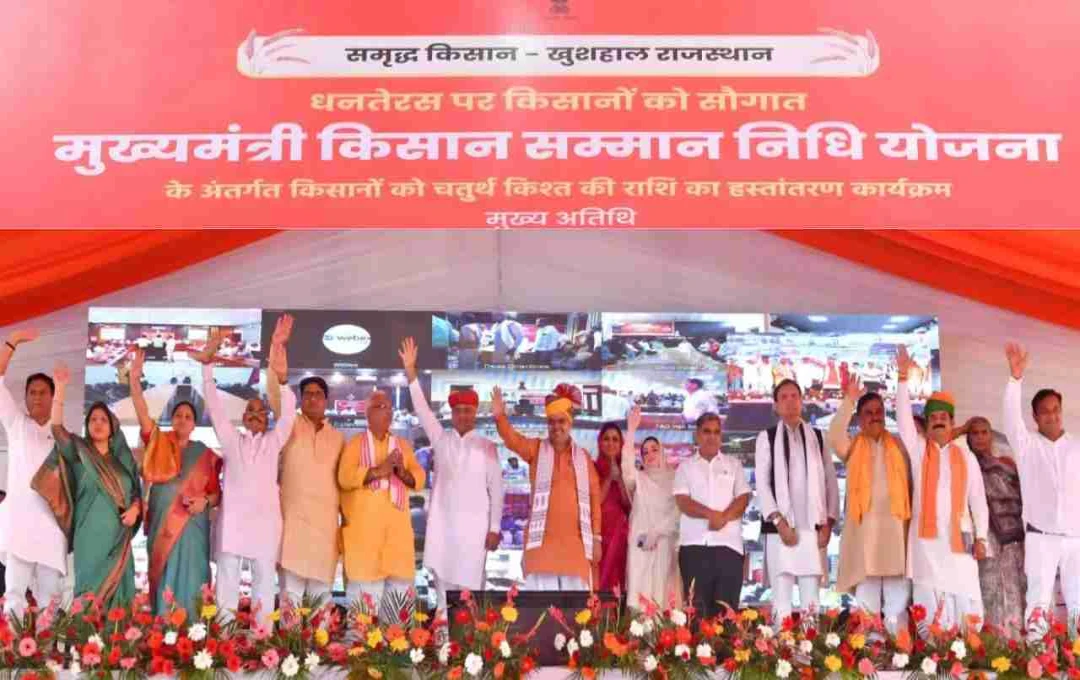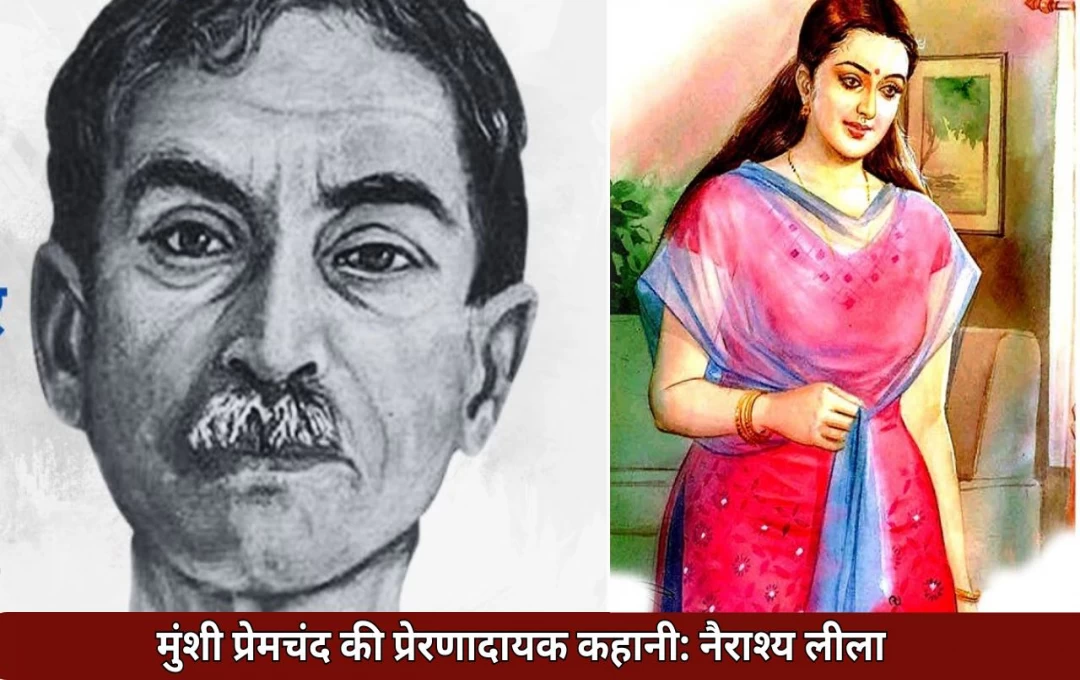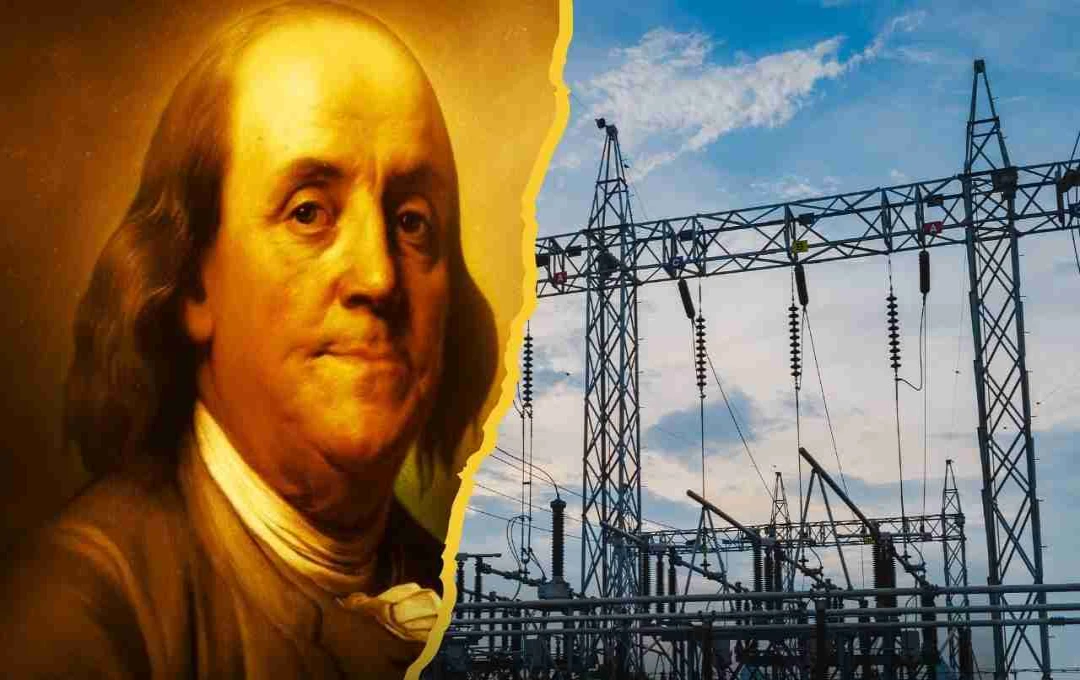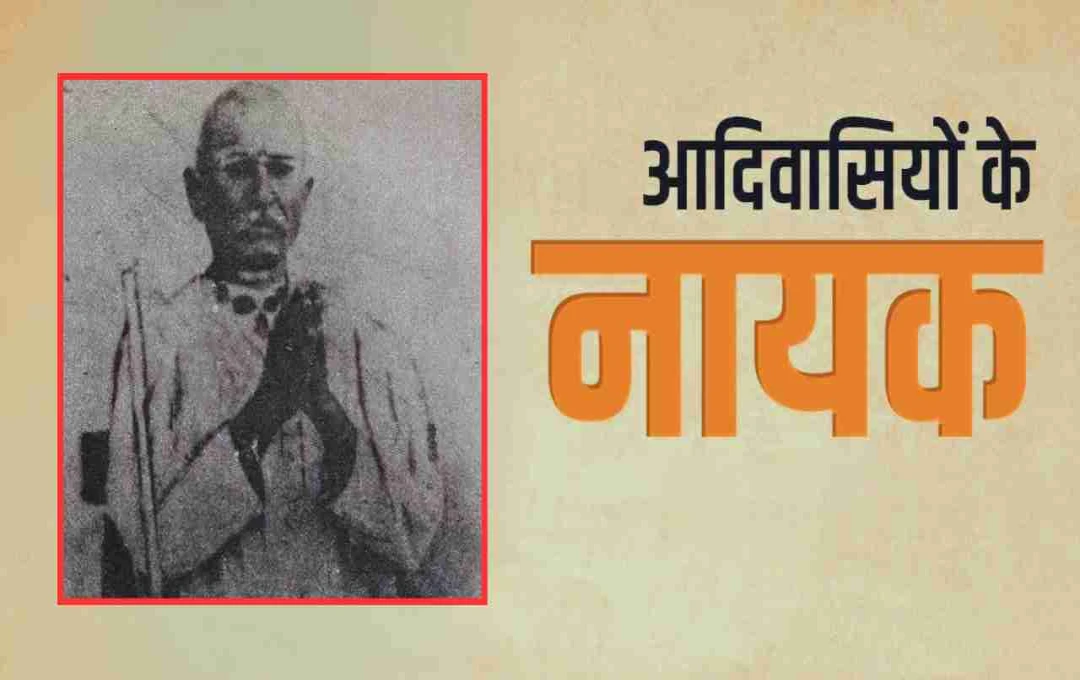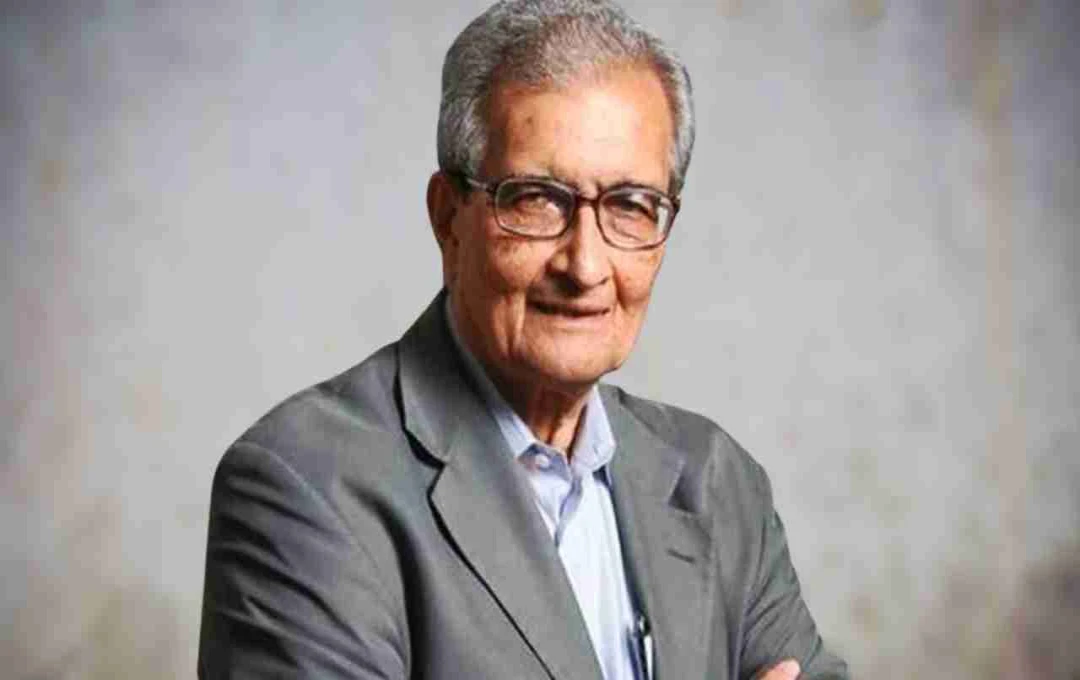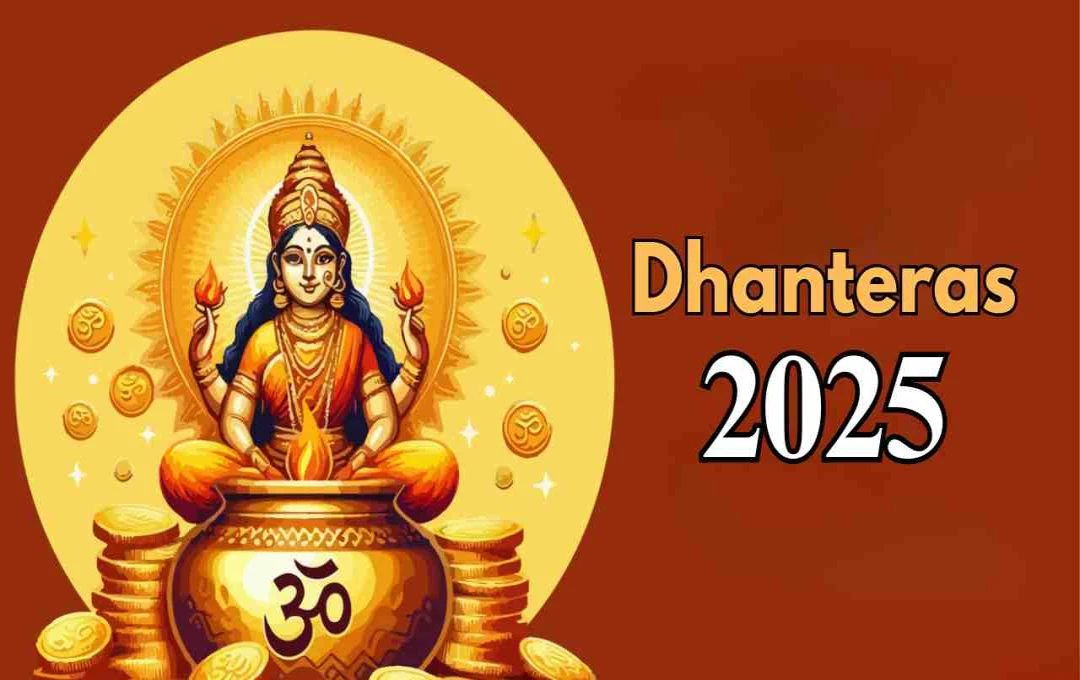Dr. Bhimrao Ambedkar was a great leader, social reformer, and the architect of the Indian Constitution. He fought for the rights of Dalits and backward classes. Ambedkar drafted the Indian Constitution and promoted social equality, education, and justice. He inspired social awareness by embracing Buddhism.
B. R. Ambedkar: is among those individuals in Indian history who dedicated their lives towards social equality, justice, and freedom. He was a jurist, economist, social reformer, and political leader. Dr. Ambedkar not only excelled in the fields of education and law but also struggled for the rights of Dalits and socially backward classes. He was appointed as the chairman of the Drafting Committee of the Constitution in the Constituent Assembly of India and became the first Law and Justice Minister of independent India.
Ambedkar's life is not just an example of personal achievements but also a symbol of the struggle for social justice and equality. His followers honor him with respect and reverence by saying "Jai Bhim," and he is also affectionately called 'Babasaheb'.
Childhood and Family of Bhimrao Ambedkar
Bhimrao Ambedkar was born on April 14, 1891, in the town of Mhow in Madhya Pradesh, which was then a military cantonment. His father, Ramji Maloji Sakpal, was working as a Subedar in the British Indian Army, and his mother, Bhimabai Sakpal, managed the household. Bhimrao was their fourteenth child. The ancestral village of his family was Ambadawe in the Ratnagiri district.
Bhimrao was born into the Mahar caste, which was considered 'untouchable' from a social perspective at that time. His family had been serving in the British Empire's army for a long time, but casteism and discrimination in his social life affected him at every step.
His childhood education was fraught with difficulties. He was made to sit separately in school and allowed to drink water only under special circumstances. He faced discrimination from teachers and other students. He mentioned these circumstances in his writings, where he stated that he had to face the "no peon, no water" situation.
His mother passed away during his childhood, and his aunt took care of him. Despite the family's hardships, Bhimrao excelled in his studies.
Education and Foreign Studies of Bhimrao Ambedkar
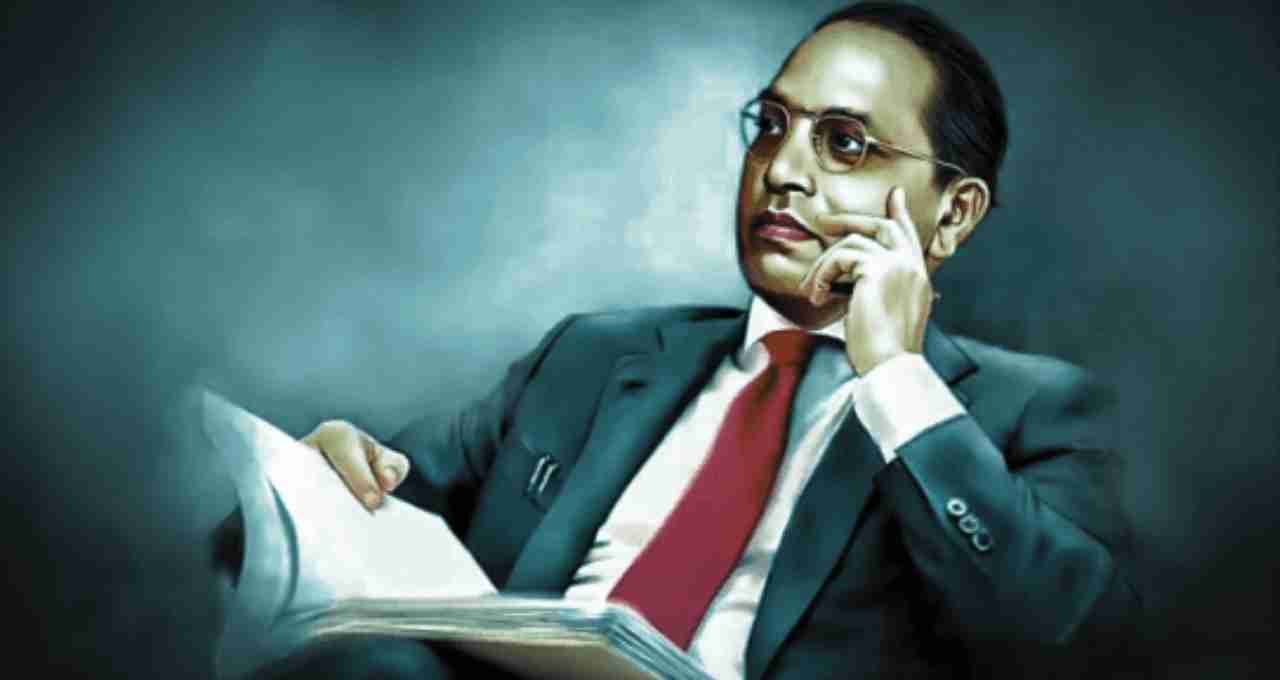
Bhimrao Ambedkar's education was one of the most significant achievements of his life. He obtained his bachelor's degree from Bombay University and then went to Columbia University, New York, and the London School of Economics for higher studies. He earned a doctorate in economics.
During his studies abroad, he also intensively studied sociology, philosophy, and history. His research work covered subjects such as casteism, the Indian economy, and social reform. At Columbia University, he presented his research titled "Casts in India: Their Mechanism, Genesis and Development."
After studying law in London, he began practicing law in Bombay. A part of his book collection sank in a ship during his studies abroad, but he did not give up and returned to London to complete his doctorate.
Dalit Rights and Social Reform
Bhimrao Ambedkar dedicated a significant portion of his life to fighting against casteism and untouchability. He led the Mahad Satyagraha, which secured access to public water sources for Dalits.
In 1927, he burned the Manusmriti, which legitimized casteism in Indian society. This act is considered historic in the direction of social equality and Dalit rights. Additionally, he led the Kalaram Temple Movement, where public campaigns were organized to secure the right of Dalits to enter the temple.
Bhimrao also established several organizations for the upliftment of Dalits, such as the Bahishkrit Hitkarini Sabha, whose objective was education, social reform, and the protection of Dalit rights.
Ambedkar's Political and Social Struggle
Bhimrao Ambedkar's political life was also intertwined with his efforts for social reform. In 1932, through the Poona Pact, he secured reservations in elections for Dalits. This agreement was reached despite opposition from Mahatma Gandhi. The Poona Pact provided adequate representation to Dalits in the legislature.
In 1936, he founded the Independent Labour Party and won several seats in the 1937 Bombay Legislative Assembly elections. He waged legal and political battles against the caste system, the Khoti system, and other social atrocities.
Ambedkar's Contribution to Constitution Making
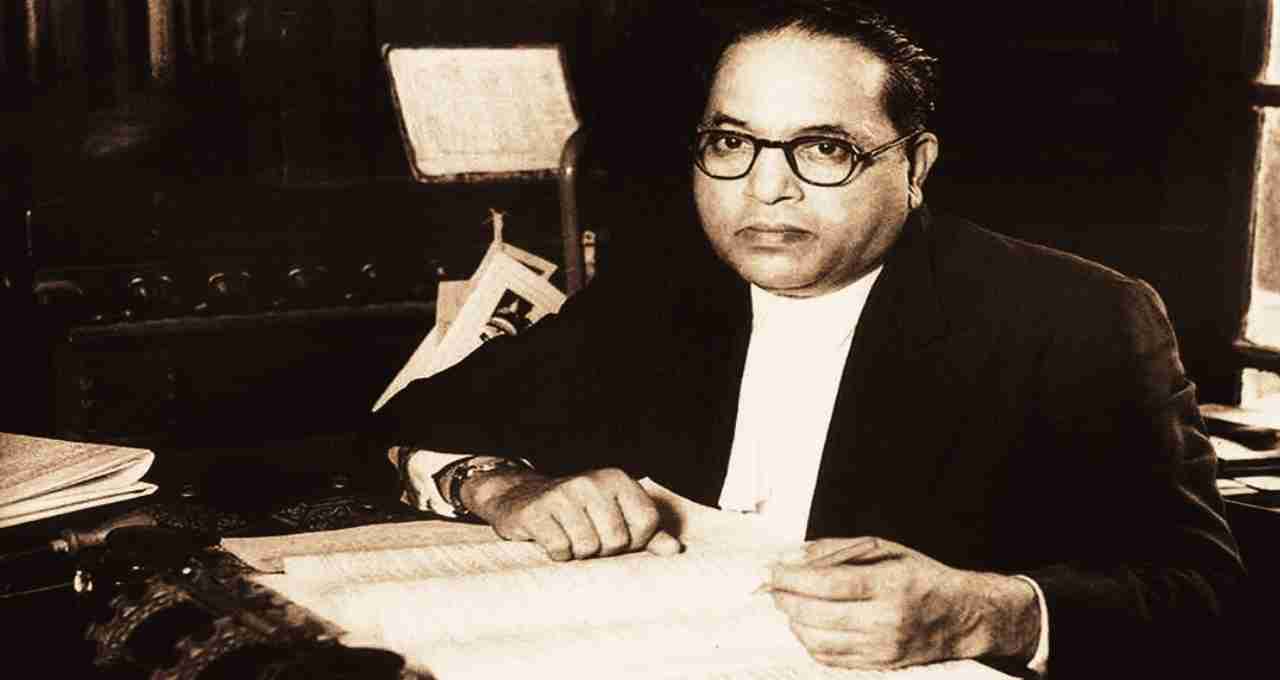
After India's independence, Prime Minister Jawaharlal Nehru appointed him as the Law and Justice Minister. Along with this, he was appointed as the chairman of the Constitution Drafting Committee.
Under the leadership of Dr. Ambedkar, the Indian Constitution guaranteed religious freedom, abolition of untouchability, and social justice for its citizens. He ensured economic and social rights for women and made provisions for reservations for Scheduled Castes and Tribes.
In his concluding speech to the Constituent Assembly, Dr. Ambedkar clarified that the Constitution was not solely his creation but also benefited from the contributions of advisors like Sir B.N. Rau.
Ambedkar's Conversion to Buddhism
In 1956, Dr. Ambedkar renounced Hinduism and embraced Buddhism. He inspired Dalits to convert to Buddhism and led the Dalit Buddhist movement. This step reflects his perspective on equality and human rights in society.
Writings on Casteism and Social Reform
Dr. Ambedkar authored numerous articles, journals, and books. Prominent among them include:
- Annihilation of Caste: An Analysis of its Mechanism, Genesis and Development
- Mooknayak and Samata Janata: Journals on Dalit Rights and Social Reform
- He clearly expressed his views against casteism, untouchability, and social inequality in his writings.
Death and Honors
Dr. Bhimrao Ambedkar passed away on December 6, 1956. After his death, he was honored with the Bharat Ratna in 1990. Even today, his followers pay tribute to him by chanting "Jai Bhim."
Inspiration for Equality and Justice
Dr. Ambedkar's life is a symbol of struggle, education, and social reform. Despite his difficult childhood and social discrimination, he achieved excellence in education, law, and politics. His life is a source of inspiration for equality, justice, and human rights. The impact of his contributions can still be seen in India today. His teachings, thoughts, and the work of constitution-making are guiding principles for every Indian.
Dr. Bhimrao Ambedkar was not just a leader or a scholar, but a symbol of change and service to humanity. His efforts guided the fight against casteism and inequality in Indian society. He showed that despite hardships and social discrimination, lasting change can be brought about in society through education, struggle, and determination. Dr. Ambedkar's life, his work, and his philosophy continue to inspire us towards equality, justice, and freedom. His message is a source of inspiration not only for India but for the entire world.


